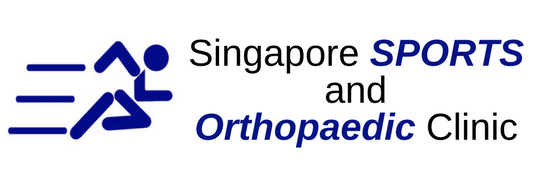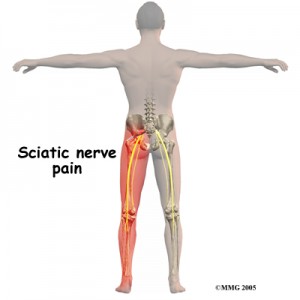What is Piriformis Syndrome ?
Piriformis Syndrome is an uncommon neuro-muscular disorder in which the piriformis muscle cramps and causes pain in the buttock region. The piriformis muscle is a muscle located in the gluteal region of the lower limbs, deep in the buttock. This muscle is important in lower body movement. This muscle helps us to walk and maintain balance. It is also used in sports involving lifting and rotating the thighs.
Piriformis Syndrome Symptoms
Typical symptoms of Piriformis Syndrome are listed below –
- Pain, tingling sensation or numbness in the buttock region
- Pain down the back of the thigh, calf and foot.
- Pain when walking up stairs or inclines
- Increased pain after sitting for a long time ( on a chair or car seat)
- Reduced range of movement of the hip joint
Piriformis Syndrome Diagnosis
The doctor performs a review of the patient’s medical history. Also he/she can perform physical examination and diagnostic tests. The diagnosis is often done by ruling out other possible conditions such as a lumbar disc herniation or sacroiliac joint dysfunction.
Physical Exam
It includes an examination of the hip and legs to see if movement causes increased lower back pain. It also helps rule out other possible causes of the sciatica pain, such as testing for local tenderness and muscle strength.
Medical History
It includes an in-depth review of the patient’s symptoms, such as positions which make symptoms better or worse, how long the symptoms have been present, if they started gradually or after an injury, and what treatments have been tried.
Diagnostic Tests
These tests such as X-rays and MRI can be conducted to exclude other conditions that can cause similar symptoms to Piriformis Syndrome.
Piriformis Syndrome Treatment
Try to avoid sitting or certain activities that trigger pain. Rest, ice and heat may help relieve the patient. A physiotherapist can suggest a routine of exercises to help reduce sciatic nerve compression.
Some health care providers may recommend anti-inflammatory medications or injections with an anaesthetic. Other therapies such as iontophoresis, and injection with botulinum toxin have also been tried. Surgery may be taken as a last option.
Piriformis Syndrome Consultation in Singapore
Please contact us for treatment regarding piriformis syndrome. Our specialists have experience of more than 20 years. We are located at Gleneagles Medical Centre, Central Part of Singapore which is pretty convenient enough to visit.






